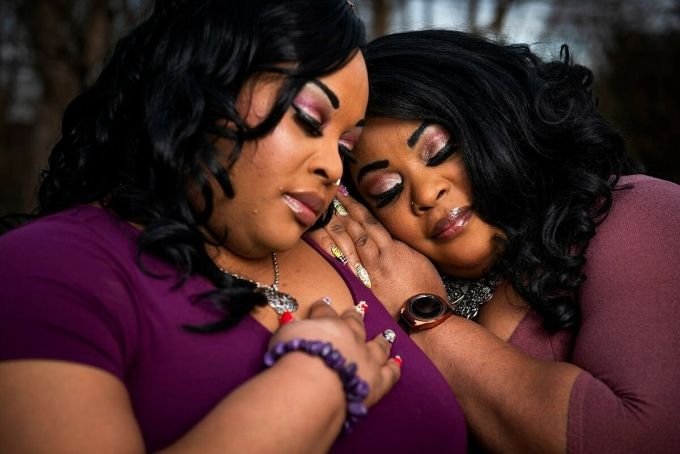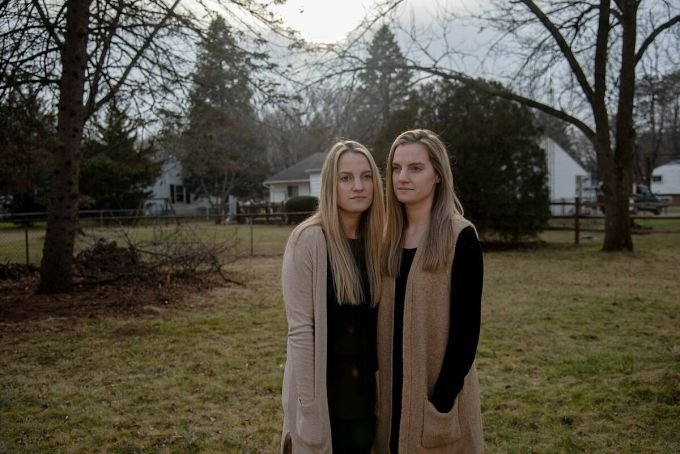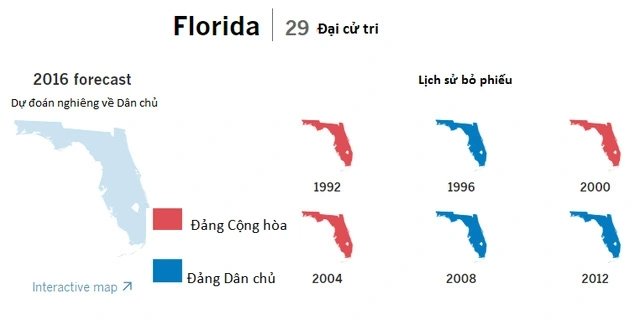
In the early spring of 2020, Kimberly and Kelly Standard, 35 years old, went to the hospital for fever and difficulty breathing and were diagnosed with nCoV infection.
For a month, Kimberly was in critical condition and required breathing support.
`I want to know why Kimberly’s condition is worse than mine,` Kelly said.
Kelly’s question is also an issue that has always motivated the scientific community since the pandemic broke out.
Based on data collected from twins across the US, Australia, and Europe, scientists are confirming which genetic factors influence symptoms in Covid-19 patients.
`I was surprised that Kimberly and Kelly’s medical conditions were so different,` said Mishita Goel, their treating doctor.
Kelly Standard (left) and Kimberly Standard (right) both contracted Covid-19 last spring.
Gene sequence partly determines the severity of the disease.
Tim Spector, public health researcher, St.
Meanwhile, twins Krista Burkett and Kasey Miller, 28 years old, from Toledo, Ohio contracted nCoV shortly after Thanksgiving.
Some researchers believe that the amount of nCoV in the body can determine the severity of the disease.
After self-isolation at home with his parents – also showing signs of nCoV infection, Michael had a sore throat, chills, difficulty breathing, fatigue, and decreased taste and smell.

Kasey Miller (left) and Krista Burkett (right) contracted Covid-19 after Thanksgiving.
Since they were still in the mother’s womb, the two embryos have developed differently.
Scientists also study the impact of the pandemic on psychological health.
`The pandemic has created a lot of challenges,` Hopper said.
Kimberly and Kelly remember the days of Covid-19 treatment as the longest time they had been apart.
`Fortunately, I was able to meet Kelly again. Finally, I was able to return to myself,` Kimberly shared.






